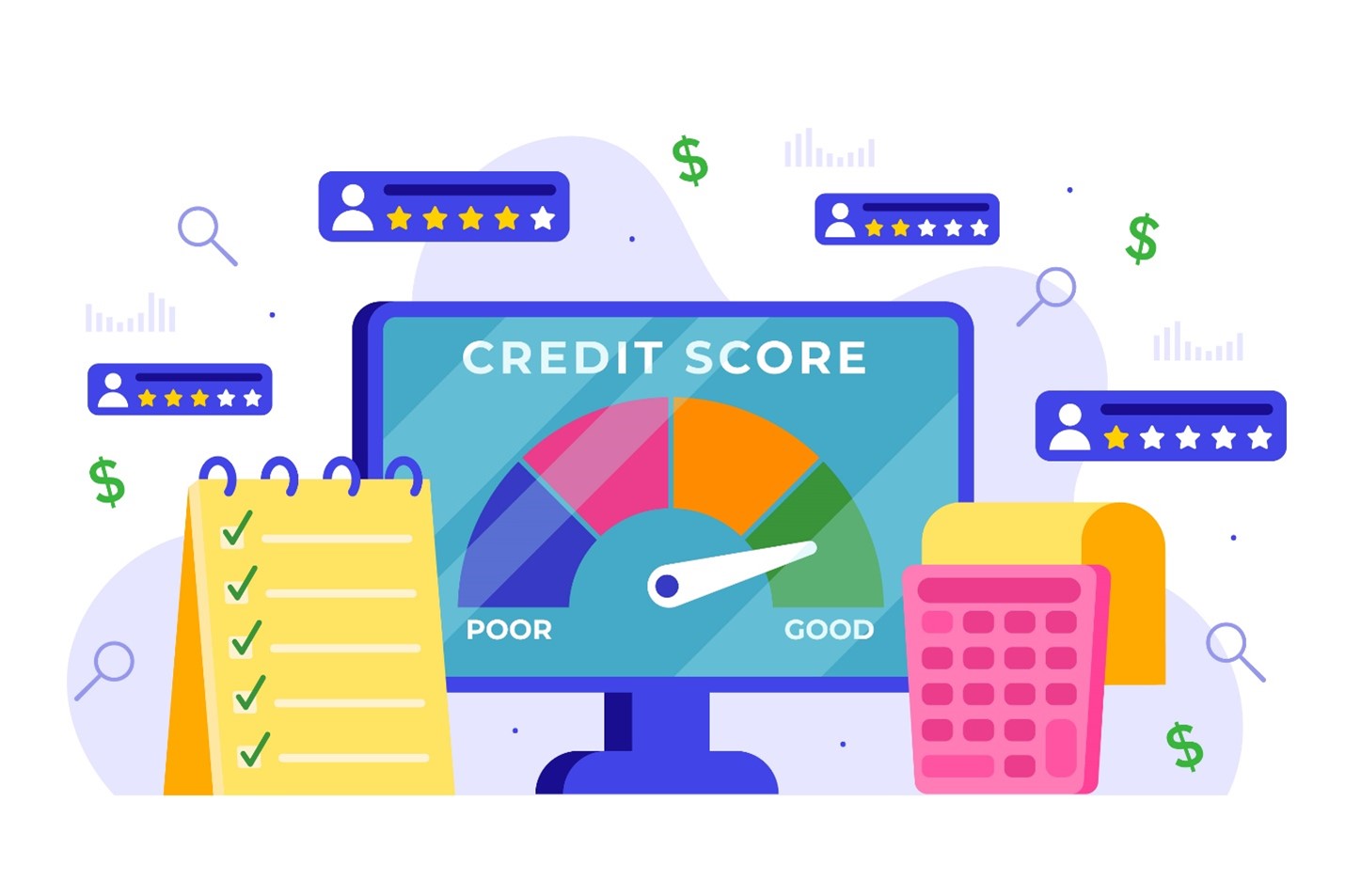
Mastering Your Credit Score: The Key to Loan Approval in the United States

When it comes to securing business loans, particularly coveted Small Business Administration (SBA) loans, in the United States, one crucial factor often stands between success and rejection: your credit score. Your credit score is a numeric representation of your financial trustworthiness, and it plays a pivotal role in determining your eligibility for loans. In this comprehensive guide, we will explore how mastering your credit score can be the key to loan approval, ensuring that your business aspirations can take flight.
The Importance of a Strong Credit Score
Your credit score is more than just a number; it's a reflection of your financial history and your ability to manage debt responsibly. Lenders use this score as a quick reference to assess the risk of lending to you. A high credit score indicates reliability and trustworthiness, making you an attractive candidate for loans, including SBA loans. Let's dive into the significance of a strong credit score:1.Loan Approval:
Lenders, including the Small Business Administration (SBA), prefer borrowers with a history of responsible financial management. A high credit score significantly improves your chances of getting approved for a business loan.- Better Loan Terms: Even if you're approved with a lower credit score, you may face less favorable terms, such as higher interest rates or stricter repayment terms. A high credit score can lead to more favorable loan conditions, saving you money over time.
- Access to Higher Loan Amounts: With a strong credit score, you're more likely to secure larger loan amounts. This can be crucial for expanding or launching your business, as it provides the capital needed for growth.
- Increased Lender Trust: Lenders need to trust that you will repay the loan as agreed. A high credit score builds this trust and enhances your credibility as a borrower. This trust is a critical factor when lenders evaluate your loan application.
Understanding Your Credit Score
Your credit score is calculated based on factors like your payment history, credit utilization, credit history length, credit mix, and new credit inquiries. Each factor contributes to your overall score.1.Payment History (35%):
This is the most critical factor in your credit score. Timely payment of debts, such as credit card bills and loans, is a significant contributor to your credit score. Consistent on-time payments have a positive impact.- Credit Utilization (30%): This is the ratio of your outstanding credit card balances to your credit limits. High utilization can negatively affect your score, so it's important to keep your credit card balances low relative to your credit limits.
- Credit History Length (15%): The length of your credit history matters. Longer histories provide more data for evaluation, and a well-established history can positively impact your score.
- Credit Mix (10%): A diverse mix of credit types, like credit cards and installment loans, can positively influence your score. A good mix of different types of credit demonstrates your ability to manage various financial responsibilities.
- New Credit Inquiries (10%): Opening multiple new credit accounts in a short period can lower your score. Lenders may interpret this as a sign of financial distress or an intention to take on a significant amount of debt. It's important to be cautious about opening new credit accounts.
Improving Your Credit Score
To boost your credit score, review your credit report for errors, pay your bills on time, reduce outstanding debt, avoid opening unnecessary accounts, maintain a mix of credit types, and consider professional help if needed.- Review Your Credit Report: Regularly check your credit report for errors and discrepancies. Dispute any inaccuracies to keep your report up-to-date and ensure that your credit score is calculated correctly.
- Pay Your Bills on Time: Consistently making on-time payments is one of the most effective ways to raise your credit score. This demonstrates to lenders that you are a responsible borrower.
- Reduce Outstanding Debt: Work on paying down outstanding debts, especially high-interest credit card balances. Reducing credit utilization, or the ratio of your credit card balances to your credit limits can have a positive impact on your credit score.
- Avoid Opening Unnecessary Accounts: Be mindful of opening new credit accounts unless they are necessary. Multiple credit inquiries can lower your score, so it's important to be selective about when you apply for new credit.
- Maintain a Mix of Credit Types: A diverse credit portfolio, including both revolving credit (credit cards) and installment credit (loans), can be beneficial for your credit score. This diversity shows that you can handle different types of financial responsibilities.
- Seek Professional Help: If you're struggling to manage your debt, consider seeking help from a credit counselor or a debt management program. These professionals can provide guidance and strategies for improving your financial situation.
SBA Loans and Credit Scores
SBA loans are a lifeline for many small businesses in the United States. They offer favorable terms and low interest rates, making them highly sought after. However, the SBA, like other lenders, considers credit scores during the approval process. While the SBA has more flexible credit score requirements compared to traditional lenders, a good credit score can still make a significant difference in your loan application's success.Conclusion
Mastering your credit score is a strategic move in your quest for loan approval, especially when it comes to SBA loans. A strong credit score opens doors to better loan terms, increased lender trust, and access to higher loan amounts. By understanding your credit score, working to improve it, and maintaining responsible financial practices, you can enhance your chances of securing the business loans you need to realize your entrepreneurial dreams. Remember, your credit score is not set in stone; with time and effort, you can mold it into a powerful tool that propels your business to new heights.Discuss your loan needs with our experts
+1 (567) 654-3864
Call to Our Experts
 (1).jpg )

